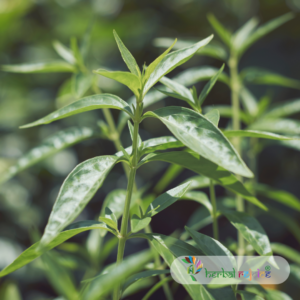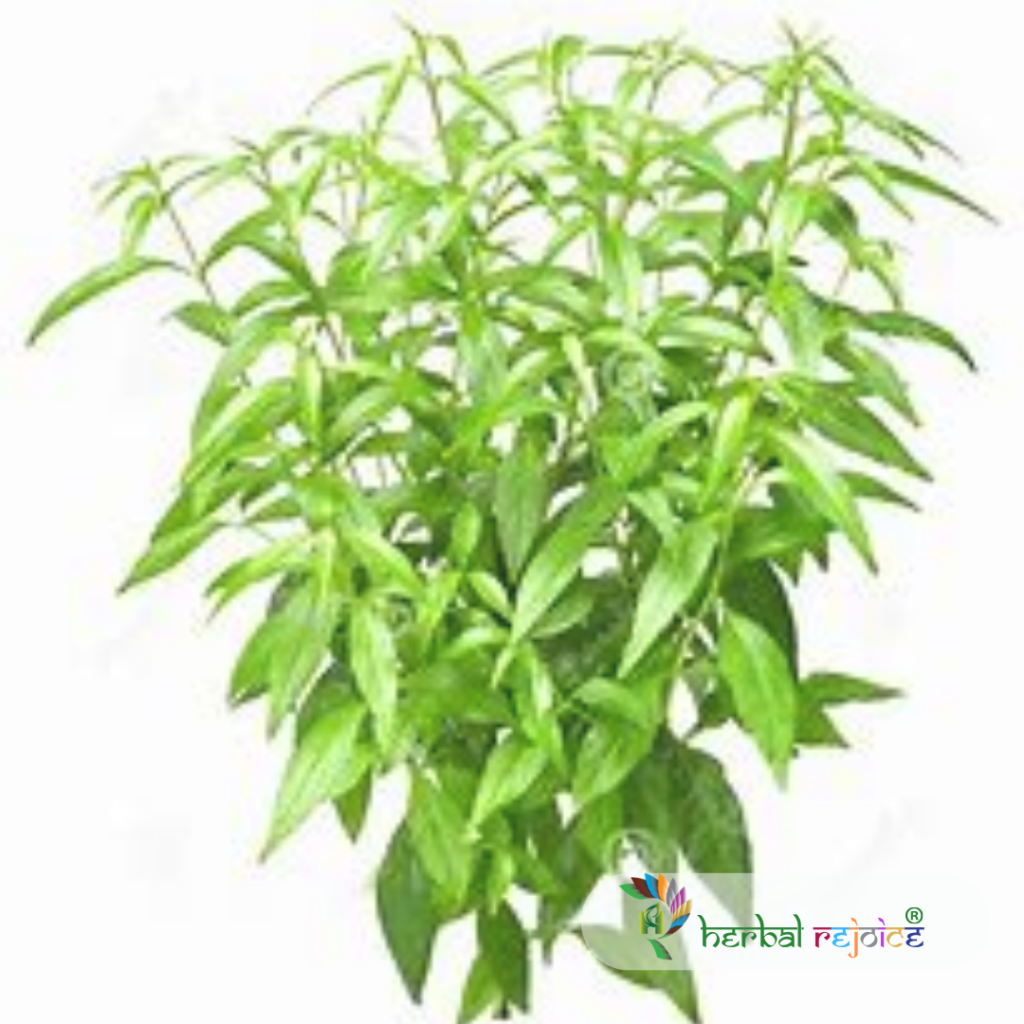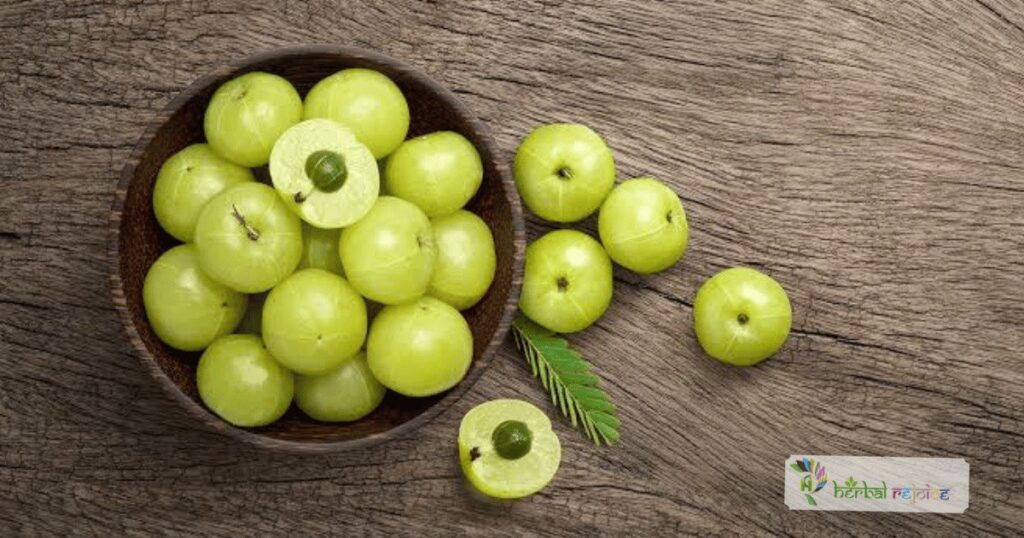Introduction
Swertia chirayita, also known as Chiretta, is a medicinal plant found in the temperate Himalayas from Kashmir to Bhutan and in the Khasi Hills. It belongs to the Gentianaceae family.
Various names of Swertia chirayita
In Ayurveda, Swertia chirayita is known by various names such as Kiraata, Kairaata, Kiraataka, Kandatikta, Kiraatatikta, Kiraatatiktaka, Katutikta, Trinnimba, Bhuunimba, Aranyatikta, and Raamasenaka. It is also equated with Andrographis paniculata in Ayurvedic texts. In Unani medicine, it is known as Chiraitaa, and in Siddha medicine, it is called Nilavembu.
Medicinal Uses
Swertia chirayita has various medicinal properties. It is a blood purifier and bitter tonic according to The Ayurvedic Pharmacopoeia of India. It is commonly used in the treatment of skin diseases. It also has anti-inflammatory properties, as the benzene extract of the herb has shown comparable effects to phenylbutazone and betamethasone in induced arthritis. Swertia chirayita has hypoglycemic properties as well, thanks to the presence of xanthone compound swerchirin, which helps in lowering blood sugar levels. It is also known to possess astringent and stomachic properties, making it beneficial in the treatment of dyspepsia and diarrhea. It was used as an antimalarial agent before the discovery of Peruvian bark. Swertia chirayita is also known for its anthelmintic, antiasthmatic, bechic, and liver tonic properties, thanks to several active compounds present in the plant which have hepatoprotective effects

.
Chemical Constituents
The herb contains various active compounds, including oxygenated xanthone derivatives like decussatin, mangiferin, swerchirin, swertianin, and isobellidifolin. It also contains iridoids like chiratin, alkaloids including gentianine, gentiocrucine, enicoflavine, and glycosyl flavones. Xanthones present in Swertia chirayita have shown antitubercular activity.
Dosage
Swertia chirayita should be consumed in the recommended dosage. The whole plant can be used in the form of a powder, with a dosage of 1-3 grams. For decoction, a dosage of 20-30 grams of the whole plant can be used.
Conclusion
In conclusion, Swertia chirayita, also known as Chiretta, is a medicinal plant with various beneficial properties. It is commonly used in Ayurveda, Unani, and Siddha medicine for its blood purifying, bitter tonic, and skin disease treating properties. It also has anti-inflammatory, hypoglycemic, astringent, stomachic, antimalarial, anthelmintic, antiasthmatic, bechic, and liver tonic effects. The herb contains a variety of active compounds, including xanthones, iridoids, alkaloids, and glycosyl flavones. Proper dosage should be followed while consuming Swertia chirayita for maximum benefits.
Frequently Asked Questions
What is Swertia chirayita?
Swertia chirayita is a medicinal plant found in the temperate Himalayas with various beneficial properties.
What are some other names for Swertia chirayita?
Swertia chirayita is also known as Chiretta, Kiraata, Kairaata, Kiraataka, Kandatikta, Kiraatatikta, Kiraatatiktaka, Katutikta, Trinnimba, Bhuunimba, Aranyatikta, and Raamasenaka in Ayurveda.
How is Swertia chirayita used in Ayurveda?
In Ayurveda, Swertia chirayita is commonly used as a blood purifier and bitter tonic. It is also used in the treatment of skin diseases.
What are the medicinal properties of Swertia chirayita?
Swertia chirayita has anti-inflammatory, hypoglycemic, astringent, stomachic, antimalarial, anthelmintic, antiasthmatic, bechic, and liver tonic properties.
What compounds are present in Swertia chirayita?
Swertia chirayita contains active compounds such as xanthones, iridoids, alkaloids, and glycosyl flavones.
What is the recommended dosage for Swertia chirayita?
The recommended dosage for Swertia chirayita is 1-3 grams of the whole plant in powder form, or 20-30 grams for decoction.
What is the role of Swertia chirayita in the treatment of skin diseases?
Swertia chirayita is commonly used in the treatment of skin diseases due to its blood purifying and bitter tonic properties.
Does Swertia chirayita have anti-inflammatory properties?
Yes, the benzene extract of Swertia chirayita has shown comparable effects to phenylbutazone and betamethasone in induced arthritis, indicating its anti-inflammatory properties.
How does Swertia chirayita help in lowering blood sugar levels?
Swertia chirayita contains the xanthone compound swerchirin, which has hypoglycemic properties and helps in lowering blood sugar levels.
Is Swertia chirayita beneficial for digestion?
Yes, Swertia chirayita has stomachic properties and can be beneficial in the treatment of dyspepsia and diarrhea.
Was Swertia chirayita used as an antimalarial agent?
Yes, Swertia chirayita was used as an antimalarial agent before the discovery of Peruvian bark.
Does Swertia chirayita have hepatoprotective effects?
Yes, Swertia chirayita contains active compounds that have hepatoprotective effects and act as a liver tonic.
What is the significance of xanthones in Swertia chirayita?
Xanthones present in Swertia chirayita have shown antitubercular activity.
Can the whole plant of Swertia chirayita be used?
Yes, the whole plant of Swertia chirayita can be used in the form of a powder or decoction.
How does Swertia chirayita benefit the respiratory system?
Swertia chirayita has antiasthmatic and bechic properties, which can help in the treatment of respiratory conditions.
What are some other medicinal properties of Swertia chirayita?
Swertia chirayita also has anthelmintic properties, making it beneficial in the treatment of parasitic worm infections.
What are some of the active compounds in Swertia chirayita?
The active compounds in Swertia chirayita include xanthones, iridoids, alkaloids, and glycosyl flavones.
Is Swertia chirayita safe for consumption?
Swertia chirayita is safe for consumption when taken in the recommended dosage.
Can Swertia chirayita be used for the treatment of diabetes?
Swertia chirayita has hypoglycemic properties, which may be beneficial in the treatment of diabetes. However, it is important to consult a healthcare professional before using it for this purpose.


